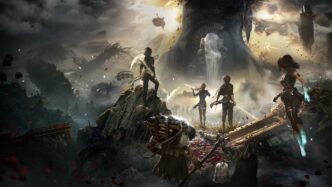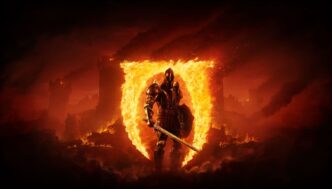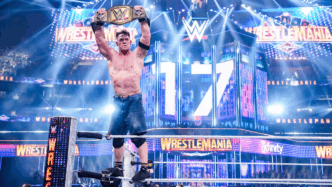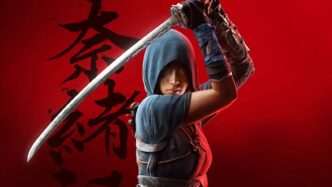There’s something inherently captivating about revisiting a story you thought was already complete, and in God of War Ragnarok, the sense of returning to familiar ground brings with it both comfort and anticipation. With the PC release, God of War Ragnarok expands its reach to a new audience, offering another chance to experience Kratos’ journey through the mythological lands of Norse gods. But while this installment is undoubtedly grander in scale, the question lingers: does God of War Ragnarok surpass the 2018 reboot or simply build on what was already established?
It’s hard to deny the impact the original God of War reboot had on gaming. It was a transformative moment for both Kratos and the series, elevating what had been a bloody, revenge-fueled saga into a more introspective and emotionally resonant tale about fatherhood and redemption.
By the time God of War Ragnarok picks up, that arc is well underway. Kratos, once defined by his rage, is now a father trying to guide his son Atreus toward a future free of the violence that plagued his own past. But, of course, it’s never that simple.
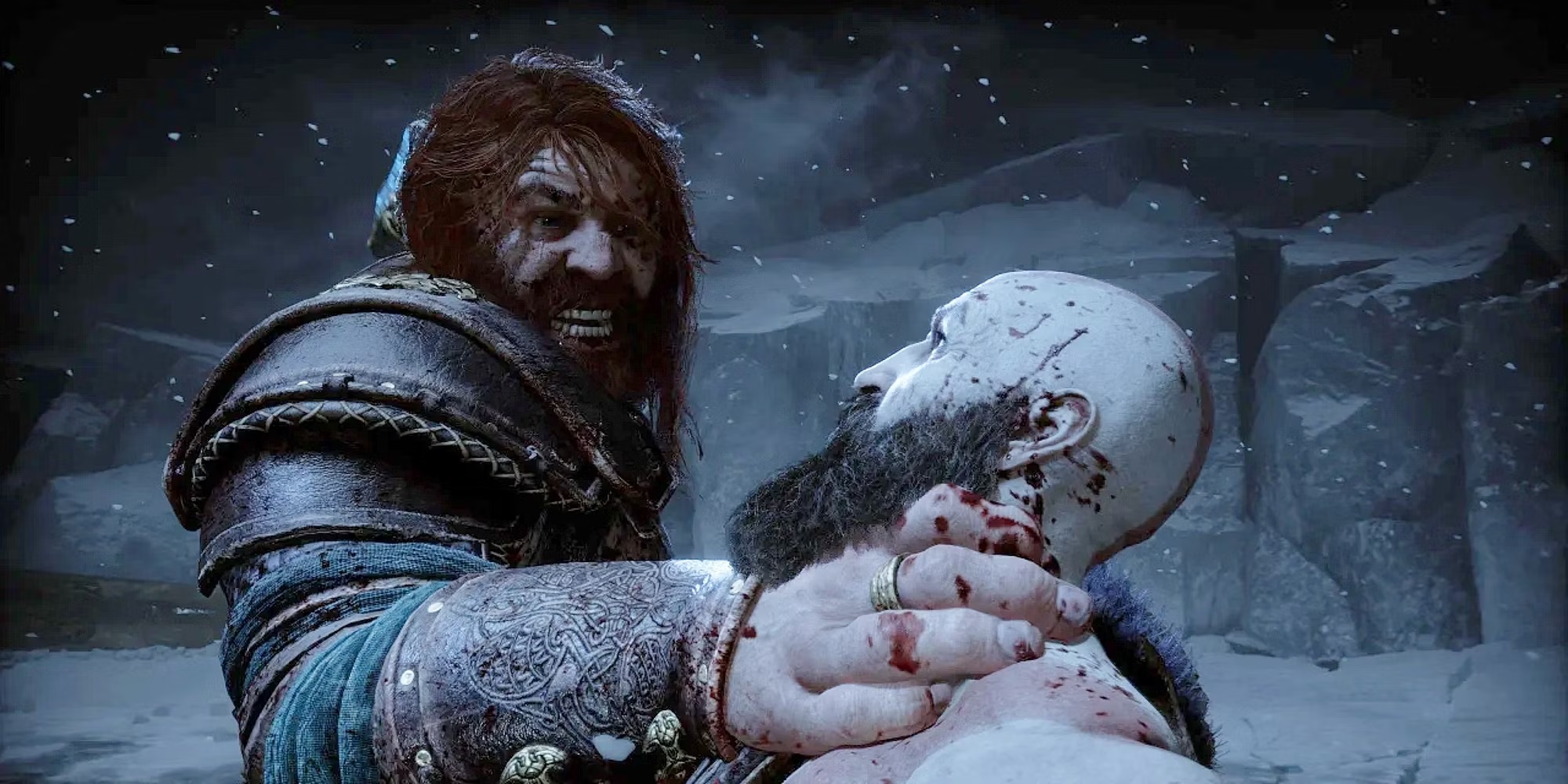
This time around, Kratos and Atreus are not just dealing with their personal struggles. The looming threat of Ragnarok—the end of the world—hangs over their heads. From the outset, the stakes feel larger, the challenges more intense. The opening hours of God of War Ragnarok, while slow-paced, lay the groundwork for the deepening relationship between Kratos and Atreus, as well as the growing tension between them. Kratos wants to protect his son from the world, while Atreus, now older and more independent, is eager to find his place in it.
The story of God of War Ragnarok does well to maintain its emotional core, focusing on the father-son dynamic that made the 2018 game so compelling. But there’s a noticeable shift in God of War Ragnarok—Atreus is no longer the boy who needs constant guidance. He is Loki, a god in his own right, grappling with the weight of his lineage and his identity. The game cleverly balances this coming-of-age story with the broader mythological narrative, making Atreus’ journey just as important as Kratos’. Their relationship feels more complicated, layered with the kind of growing pains and frustrations that come with a parent realizing they can’t control their child’s path forever.
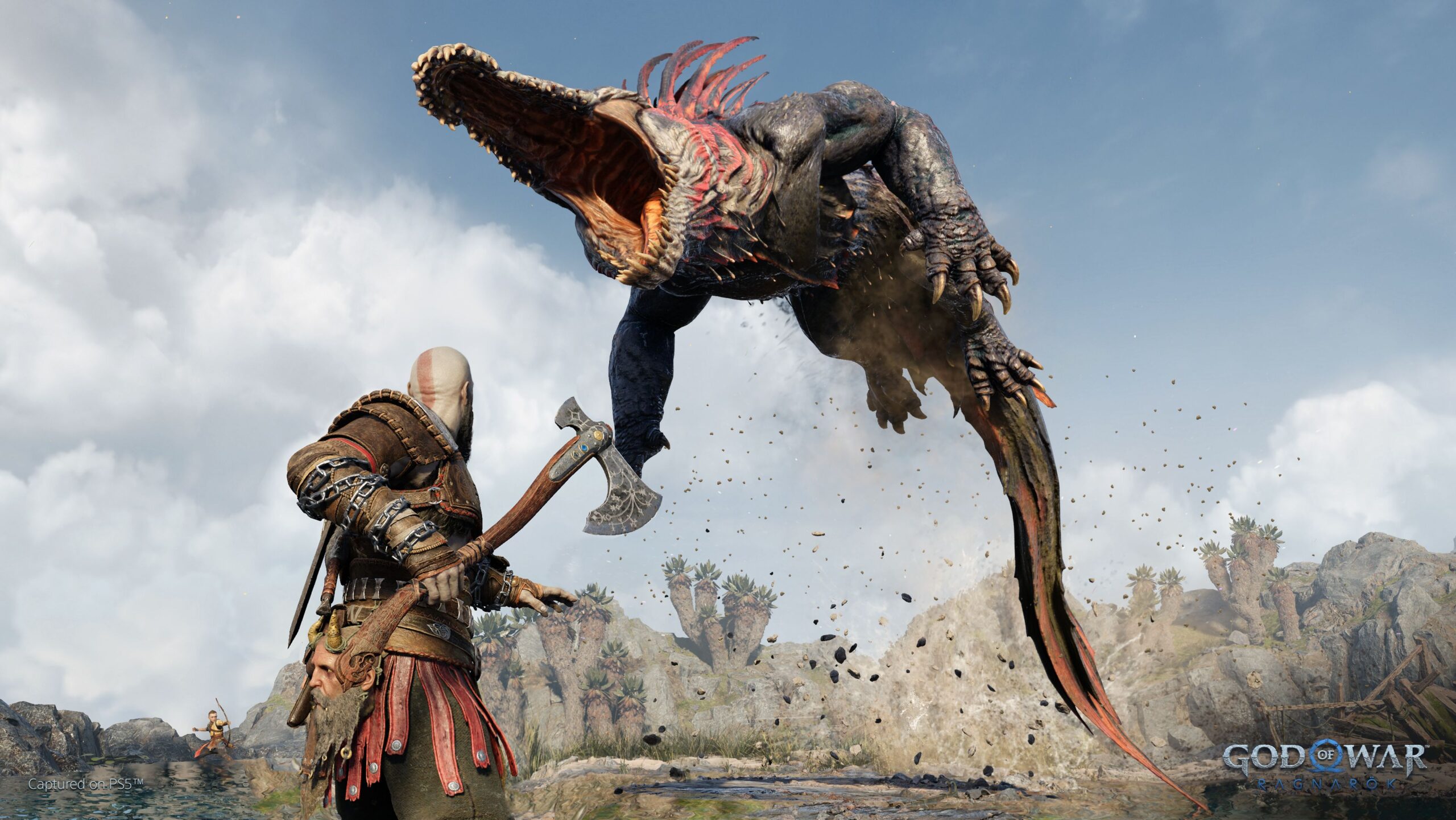
From a gameplay perspective, God of War Ragnarok retains the tight, satisfying combat mechanics that were a hallmark of its predecessor. Kratos’ Leviathan Axe and Blades of Chaos are back, and the PC version’s enhanced controls make switching between them feel seamless and responsive. Combat in God of War Ragnarok is as brutal and visceral as ever, but it’s also refined. The game introduces new weapons, abilities, and enemies that keep battles fresh, even for players who’ve spent countless hours in the 2018 game.
Yet, despite these additions, the core of combat remains largely the same, and there’s a sense that the developers weren’t trying to reinvent the wheel in God of War Ragnarok. It’s more an evolution than a revolution, and while that works well, it also means that players hoping for radically new mechanics might feel like they’re treading familiar ground.
The world of God of War Ragnarok, however, feels anything but familiar. The Nine Realms are stunningly realized on PC, each one filled with distinct landscapes, enemies, and side quests that add depth to the overarching narrative. Visually, the game is a marvel. The shift to PC has allowed for higher resolutions, better frame rates, and more detailed textures, making the realms in God of War Ragnarok feel more alive and immersive than ever before. Whether it’s the icy peaks of Midgard or the fiery pits of Muspelheim, each location feels meticulously crafted, with plenty of hidden areas to explore and secrets to uncover.
Yet, for all its beauty, there’s a sense that the game’s world in God of War Ragnarok is still playing by the same rules as before. The level design is largely linear, with open areas connected by narrow corridors, and while there’s plenty to see and do, it never quite shakes the feeling of being a guided experience.
The puzzles, too, are clever but familiar. Many involve the same mechanics as the previous game—using the Leviathan Axe to freeze mechanisms, redirecting environmental elements to solve challenges. It’s all satisfying in its execution, but like the combat, it doesn’t stray far from what we’ve seen before in God of War Ragnarok.
This sense of familiarity extends to the structure of the narrative in God of War Ragnarok as well. The first half of the game is a slow burn, spending a lot of time setting up characters, relationships, and conflicts. There’s a deliberate pacing to God of War Ragnarok, one that may frustrate players eager to jump into the action. But much like the third season of a long-running TV show, God of War Ragnarok is more interested in the slow, methodical development of its characters than in bombastic spectacle—at least initially. It’s only in the latter half that God of War Ragnarok picks up speed, delivering the kind of high-stakes, emotionally charged moments that leave a lasting impact.
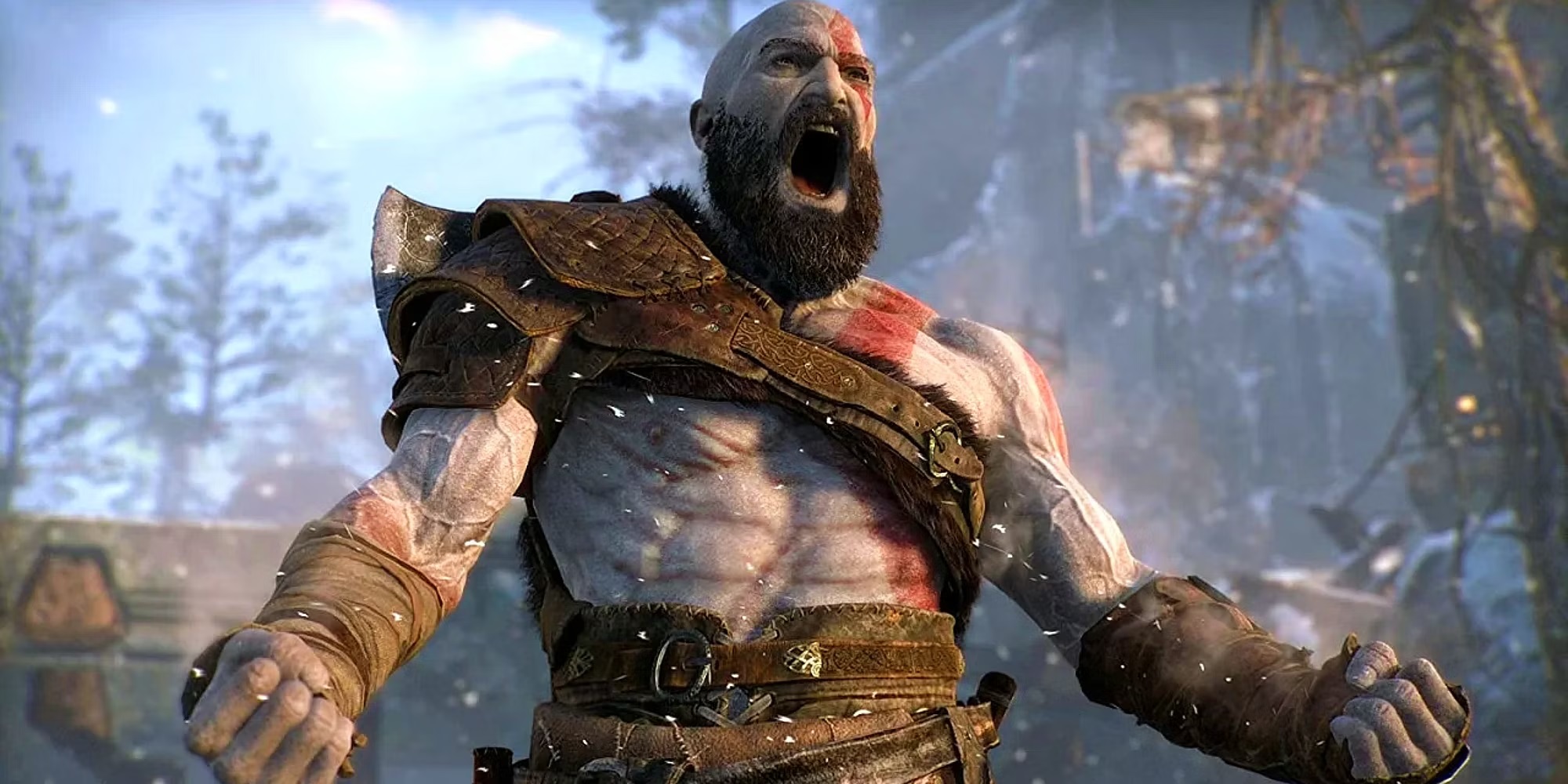
Where God of War Ragnarok truly excels is in its handling of its characters. Kratos, once a one-dimensional avatar of anger, has evolved into one of the most complex figures in modern gaming.
His journey in God of War Ragnarok isn’t just about surviving the end of the world—it’s about coming to terms with his own legacy, his failures, and his hopes for Atreus. The writing deftly explores themes of guilt, responsibility, and the fear of repeating the mistakes of the past. Kratos is no longer the unfeeling god of war; he’s a father grappling with the realization that he can’t control his son’s fate.
Atreus, too, shines in God of War Ragnarok. No longer the wide-eyed child from the 2018 game, he’s now a teenager struggling with his identity as both a god and a human. His journey in God of War Ragnarok is one of self-discovery, and the game does an excellent job of portraying the tension between his desire to carve his own path and his need for his father’s approval. Their interactions in God of War Ragnarok are some of the most compelling moments in the game, filled with genuine emotion and weight.
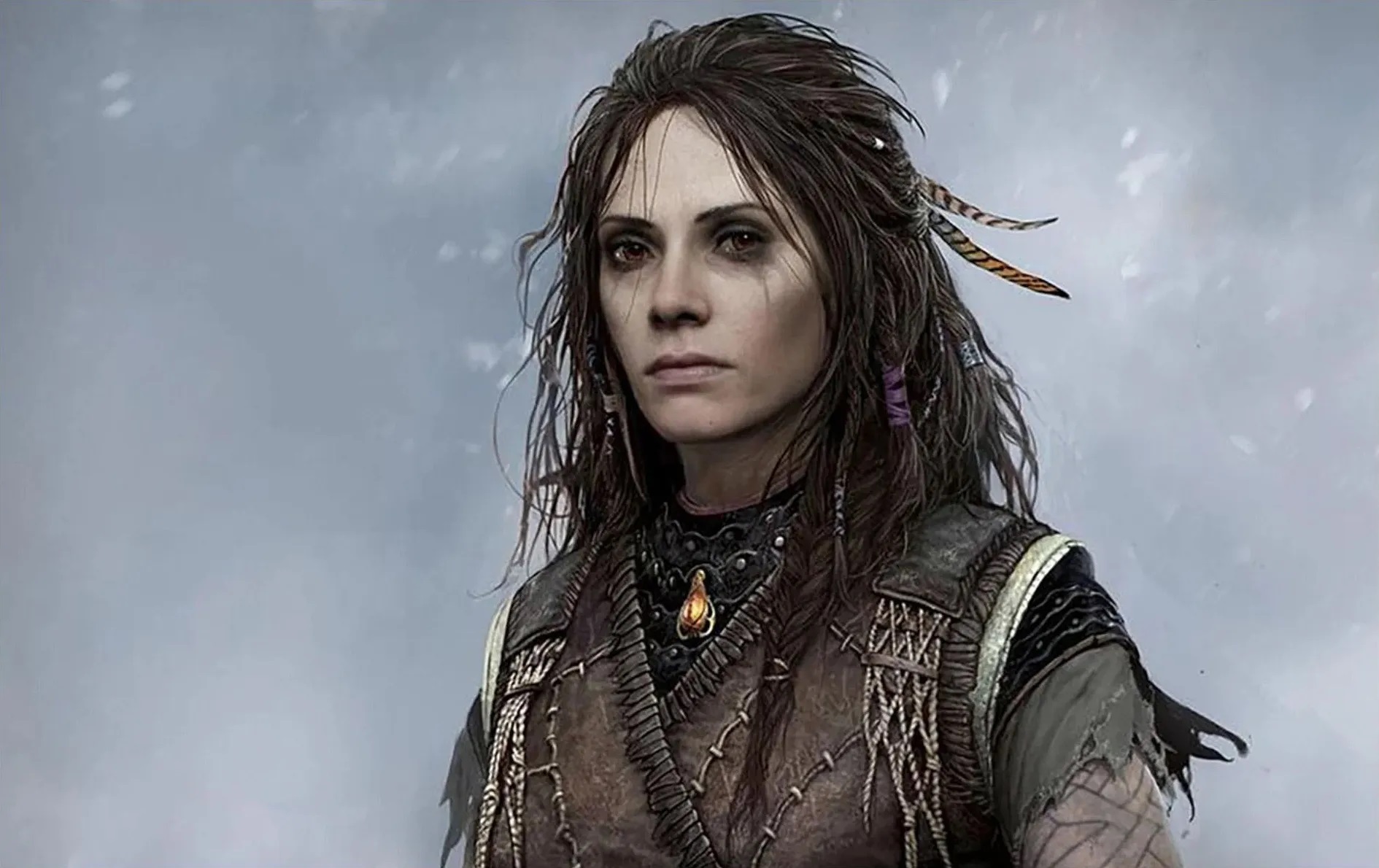
The supporting cast in God of War Ragnarok also brings depth and nuance to the story. Characters like Mimir, Brok, and Sindri, who were fan favorites in the previous game, return with even more development.
New characters, like the charismatic but dangerous Odin and the brutish yet complex Thor, add layers to the narrative in God of War Ragnarok, each one playing a crucial role in the unfolding events. The performances are stellar across the board, with actors like Christopher Judge (Kratos) and Sunny Suljic (Atreus) delivering standout work that elevates the material.
Despite its many strengths, God of War Ragnarok is not without its flaws. The pacing, especially in the early hours, can feel sluggish, and the game’s reliance on familiar mechanics may leave some players wishing for more innovation. But these issues are minor in the grand scheme of things. God of War Ragnarok succeeds in what it sets out to do: it tells a deeply personal story against the backdrop of mythological catastrophe, balancing intimate character moments with epic action.
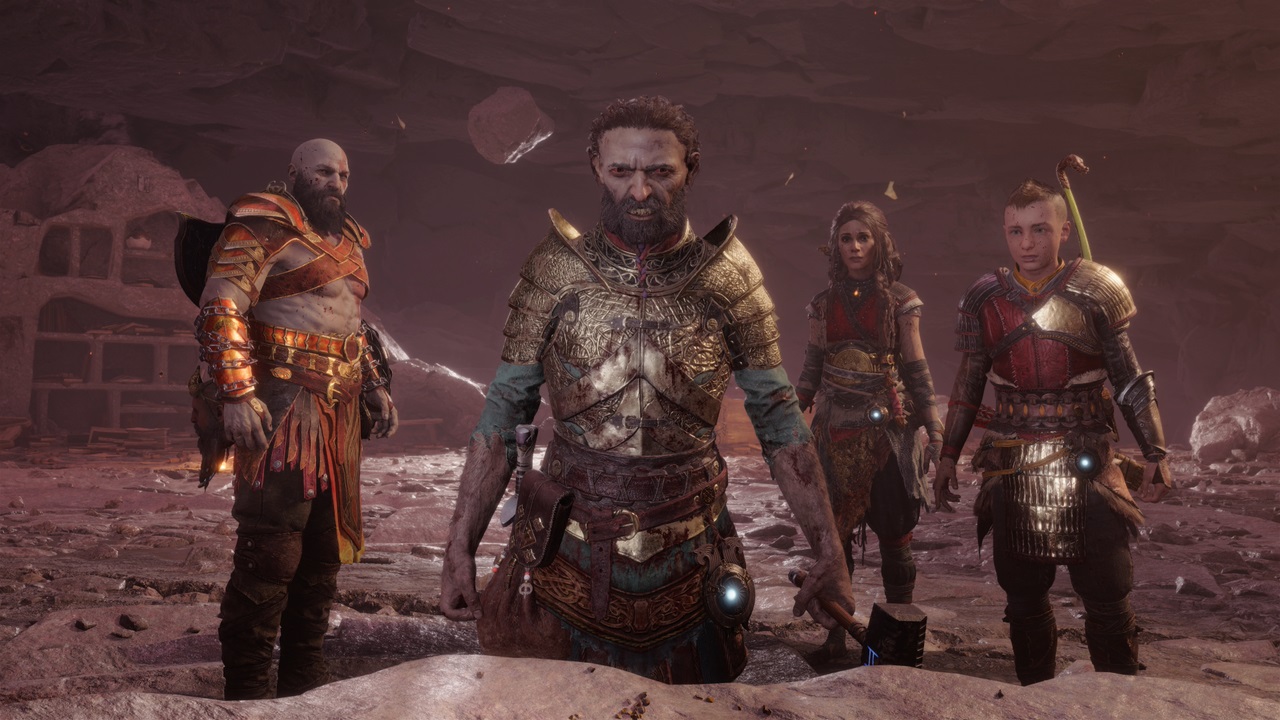
In many ways, God of War Ragnarok feels like the natural progression of Kratos’ journey. It doesn’t have the same shock factor as the 2018 game, but that’s because God of War Ragnarok doesn’t need it. The shock has already worn off; now we’re left with the deeper, more complicated emotions that come with living in the aftermath of that transformation. Kratos is no longer just a god of war—he’s a father, a mentor, a man trying to be better than he was.
For PC players, God of War Ragnarok offers a chance to experience one of the most thoughtful, visually stunning games of recent years in its best form yet. And while God of War Ragnarok may not reinvent the series, it doesn’t have to.
It proves that even gods can evolve and aspire to become more through storytelling in games.

